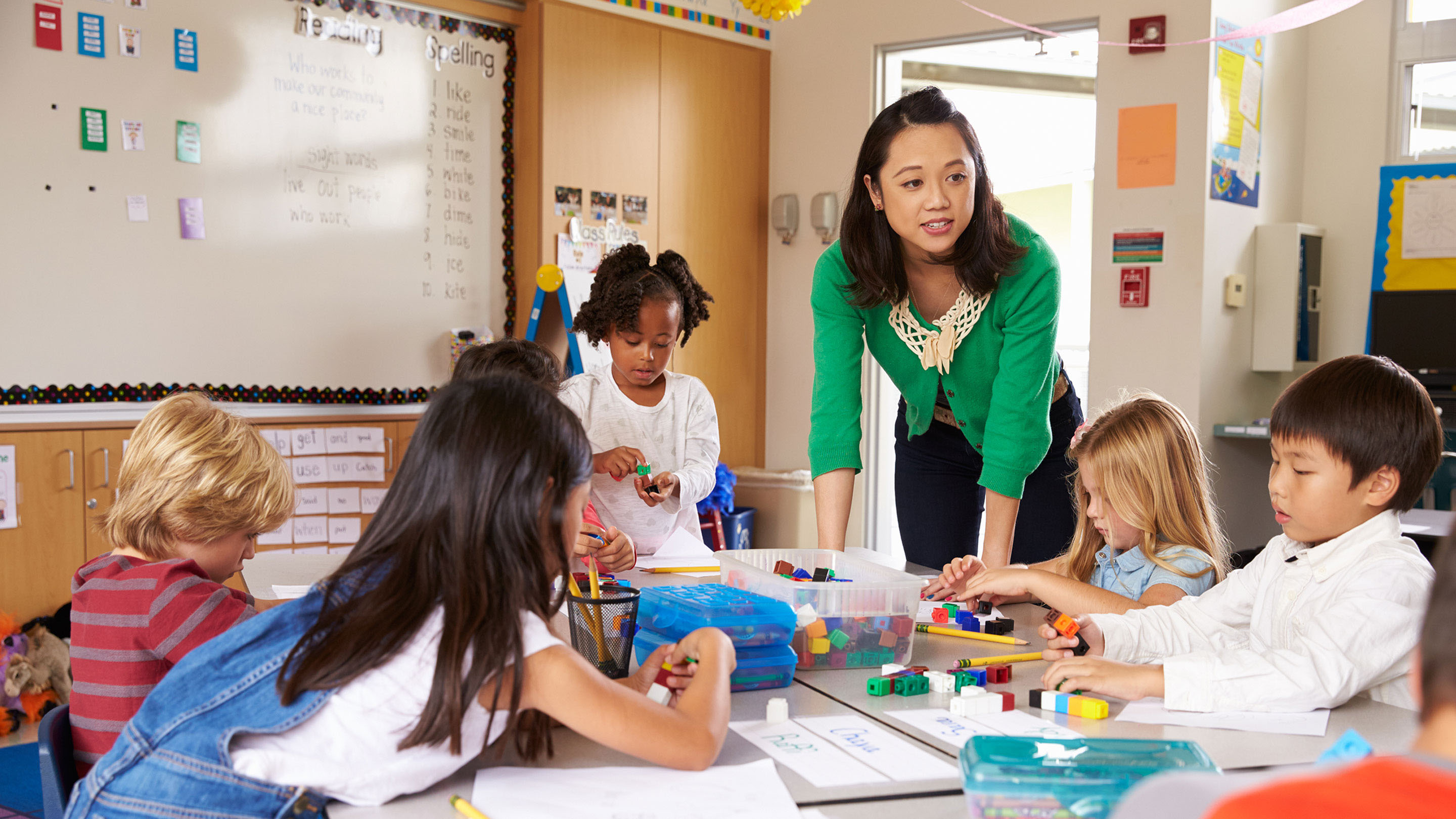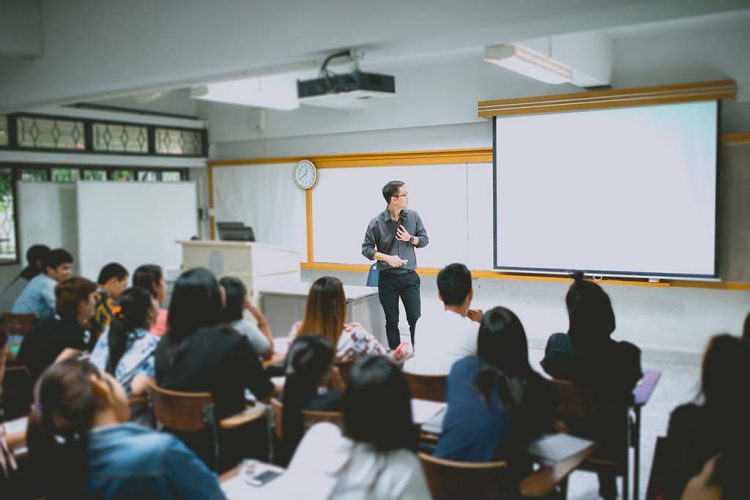Expert Tutors Offering Primary Science Tuition Singapore for All Grades
Wiki Article
Discover the Important Advantages of Recognizing Primary Scientific Research for Young Students
The relevance of key scientific research education for young learners extends far past plain understanding purchase; it serves as a fundamental pillar in creating crucial abilities such as important reasoning, analytical, and imagination. Engaging with scientific concepts via inquiry-based and interactive tasks not just cultivates curiosity yet likewise lays the groundwork for resistant, positive learners.Enhancing Critical Assuming Abilities
Cultivating important believing skills in young students is necessary for their cognitive advancement and future academic success. Essential reasoning allows children to assess details, assess evidence, and make notified decisions, which are crucial skills in today's information-rich culture. By involving in clinical query, young students can boost these skills as they check out concepts through reasoning, testing, and observation.In key scientific research education, educators can help with critical thinking by encouraging pupils to ask concerns, create hypotheses, and perform experiments. This hands-on strategy permits kids to exercise analytic and establish rational reasoning skills. When students examine the buildings of materials or the principles of movement, they discover to analyze their searchings for critically and attract conclusions based on proof.
In addition, discussions and collective projects can promote critical thinking by giving opportunities for students to verbalize their ideas, obstacle assumptions, and take into consideration varied point of views. By creating an encouraging atmosphere that values questions and reflection, instructors can nurture critical assuming abilities that equip young learners to end up being long-lasting students and independent thinkers. Eventually, boosting these skills lays a durable structure for their future scholastic endeavors and individual growth.
Fostering Curiosity and Exploration

Primary scientific research education gives a structured environment where young students can explore numerous phenomena with hands-on experiments and observations. By enabling them to connect with materials and participate in inquiry-based knowing, instructors produce possibilities for kids to create hypotheses, check their ideas, and reason. Such experiences support a sense of wonder and exhilaration about scientific research.

Building Confidence in Trouble Solving
Structure self-confidence in analytic is an important element of main science education that empowers young learners to approach obstacles with resilience and creativity - primary science tuition Singapore. When children are urged to involve with scientific concepts with hands-on activities and inquiry-based learning, they develop important skills in critical reasoning and analysis. This process not only boosts their understanding of clinical concepts however additionally promotes a sense of ownership over their understandingTo construct self-confidence, instructors need to develop an encouraging atmosphere where errors are watched as chances for growth instead of failings. This urges trainees to take risks and discover different services to problems. By offering scaffolding and guidance, teachers can help pupils navigate complex jobs, slowly increasing their self-reliance in problem-solving scenarios.
Additionally, collaborative knowing experiences, such as team tasks or experiments, can even more boost pupils' self-confidence as they find out to express their ideas and pay attention to others' viewpoints. These communications support social skills and strengthen the idea that problem-solving is why not look here often a collective undertaking. Inevitably, growing confidence in problem-solving prepares young learners for future scholastic difficulties and furnishes them with the tools necessary for long-lasting understanding.
Motivating Imagination and Development
In the realm of key scientific research education, encouraging creative thinking and technology is necessary for cultivating a dynamic understanding atmosphere. By fostering a society where young students can check out concepts and experiment openly, teachers help students create essential assuming abilities and a passion for exploration. Creativity in scientific research urges kids to ask concerns, develop hypotheses, and take part in hands-on tasks that promote their imagination.Integrating flexible jobs and inquiry-based knowing into the educational program enables trainees to reveal their distinct viewpoints and remedies. As an example, when entrusted with fixing a problem pertaining to their setting, trainees can conceptualize several techniques, leading to creative outcomes that display their originality. This not only grows their understanding of scientific ideas yet likewise imparts a feeling of ownership over their discovering procedure.
Furthermore, innovative scientific research education nurtures cooperation amongst peers, as students frequently share ideas and improve each other's understandings - primary science tuition Singapore. This collaborative spirit advertises not just technology yet likewise vital social abilities. Hence, by focusing on creativity and innovation in main science education, we empower young learners to think seriously, welcome obstacles, and picture opportunities, laying a strong structure for long-lasting knowing and expedition
Getting Ready For Future Discovering Difficulties
Young learners' capacity to browse future knowing challenges rests on a strong foundation in primary scientific research education and learning. This foundational understanding equips pupils with essential assuming skills and a systematic strategy to analytical, important for taking on complicated issues in an ever-evolving globe. Primary scientific research promotes inquiry-based learning, motivating students to ask inquiries, explore theories, and participate in hands-on experiments.As they create these skills, students become experienced at examining information, acknowledging patterns, and attracting notified verdicts. Such competencies are essential not only in clinical fields yet likewise in technology, engineering, and math (STEM), where interdisciplinary knowledge is significantly crucial.
Moreover, primary scientific research education and learning cultivates a feeling of inquisitiveness and strength in young learners, enabling them to see obstacles as chances for growth. As they run into and overcome barriers in their scientific explorations, they build confidence in their capability to innovate and adjust.
Eventually, a solid structure in main scientific research not just prepares young learners for academic find out here searches however likewise furnishes them with the tools necessary for long-lasting understanding and flexibility in a swiftly transforming international landscape. By purchasing key scientific research education and learning, we are spending in the future capacity of our learners.
Final Thought
Comprehending main science is important for young learners, as it promotes crucial thinking, curiosity, and imagination. Engaging with clinical principles through hands-on experiments boosts problem-solving abilities and develops durability. This foundational knowledge not just furnishes trainees to evaluate data and identify patterns however also supports an inquiry-based mindset. Inevitably, the advantages of primary scientific research education and learning prepare kids for future academic searches and impart long-lasting discovering practices essential for thriving in an ever-evolving globe.The significance of key science education and learning for young learners prolongs much beyond mere expertise acquisition; it offers as an essential pillar in creating important abilities such advice as vital reasoning, analytical, and creativity. By developing a helpful atmosphere that values inquiry and reflection, instructors can nurture essential thinking abilities that empower young learners to come to be long-lasting learners and independent thinkers. Therefore, by focusing on imagination and technology in main scientific research education and learning, we empower young learners to believe seriously, accept difficulties, and picture possibilities, laying a solid structure for lifelong understanding and expedition.
Young students' capacity to browse future discovering difficulties pivots on a solid foundation in primary science education and learning.Understanding primary scientific research is essential for young learners, as it fosters crucial thinking, inquisitiveness, and creative thinking.
Report this wiki page